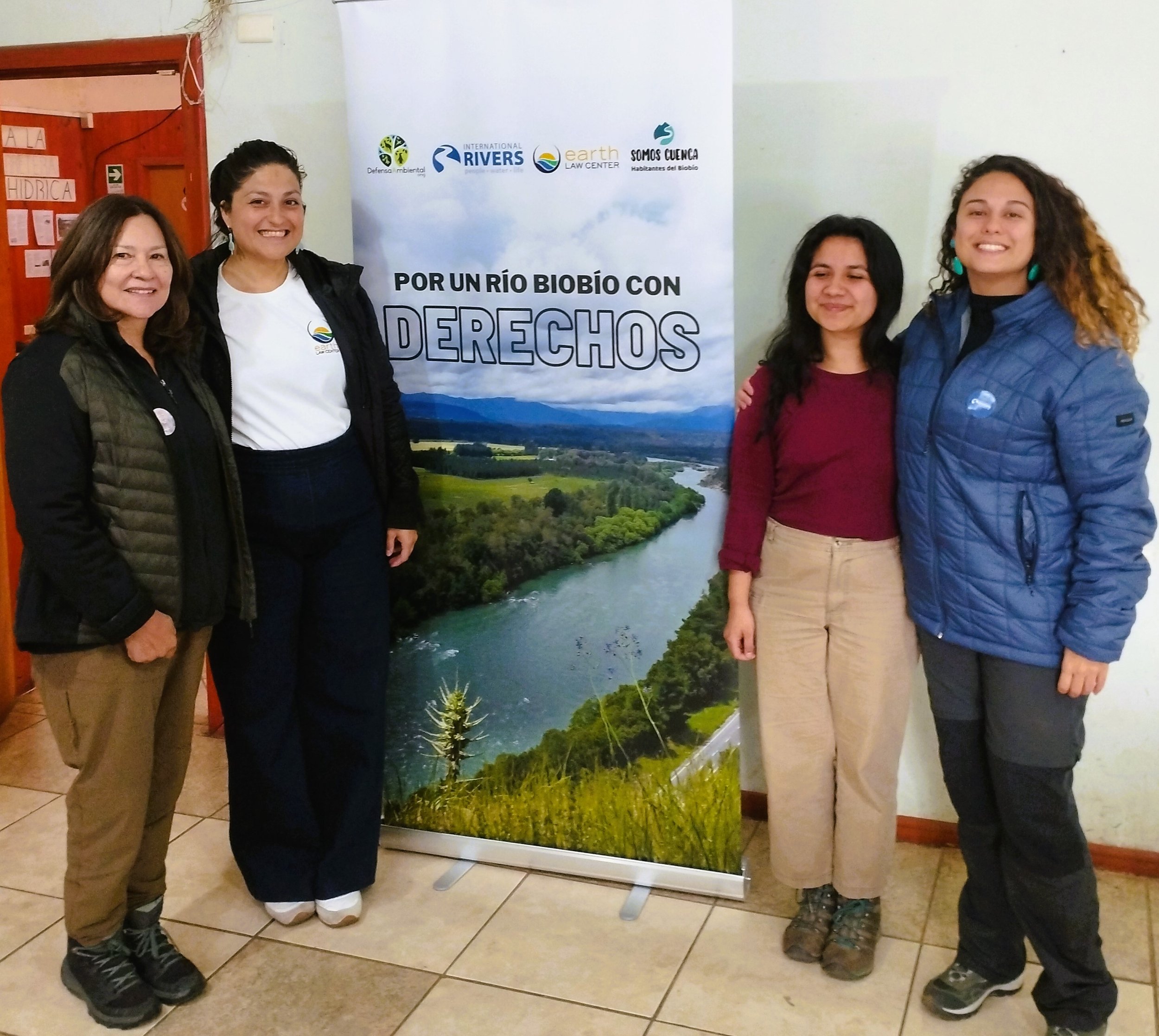
The Declaration of Rights of the Biobío River
The Biobío River: Importance and Threats
The Biobío River is the second longest river in Chile and one of the most significant fluvial ecosystems in the country. It is an important biological corridor linking areas from the mountains to the sea. The river is essential for human consumption, food security and sovereignty, as well as in economic development and in the culture of local peoples.
The river also holds spiritual significance for Indigenous Peoples in its basin, for whom it is a key symbol of their identity.
The Biobío River has historically suffered threats including the construction of hydropower dams, water extraction for irrigation and urbanization, the development of infrastructure projects, water pollution, and aggregate extraction.
The river's health has suffered serious and, in some cases, permanent damage due to these threats, weakening its connection with surrounding communities.
Why Does the Biobío River Need a Declaration of Rights?
Chile's current legal framework ignores the intrinsic value of natural entities and does not emphasize sustainable development in harmony with Nature.
The Biobío River will become the first ecosystem in Chile to have a Declaration of Rights. Inspired by legislative advances in many nations regarding the permanent protection of rivers, riparian communities have come together to develop a Declaration of Rights. This Declaration recognizes the inherent rights of the Biobío River to exist, flow, and regenerate. It seeks to guarantee the preservation of its ecosystem functions and the rights of present and future generations.
The Declaration is a living tool that will serve as a mechanism for long-term visibility and advocacy for the defense and protection of the river, facilitating and promoting the participation of important local actors.
The Origin of the Declaration
The Declaration represents a joint and transversal work between many actors such as Indigenous Peoples, scientists, civil society organizations, environmental activists, authorities, and the general public.
This project arose in the context of the Somos Cuenca Festival, held in November 2023 in the towns of Concepción and Talcahuano, Chile. A series of workshops were held in Chiguayante, Concepción, and Alto Biobío. The participatory dialogues among the attendees made visible the socio-environmental problems and threats facing the Biobío River and the communities along the entire length of its basin. They also testified to the importance of the link between the community and the river.
The text of the Declaration was open for public consultation between February 20 and 29, 2024, in order to familiarize people with the Declaration and receive comments and suggestions regarding its content.
We invite you to be part of this movement for the rights of the Biobío River!
Read it. Sign it. Share it.

Help fund our work alerting governments of developing nations to the unprecedented opportunity to access funds to develop Earth law as part of their National Biodiversity Strategies and Action Plan.
Header Photo: Unsplash / Madeline Hogan; Footer Photo: Unsplash / Hans Luiggi




